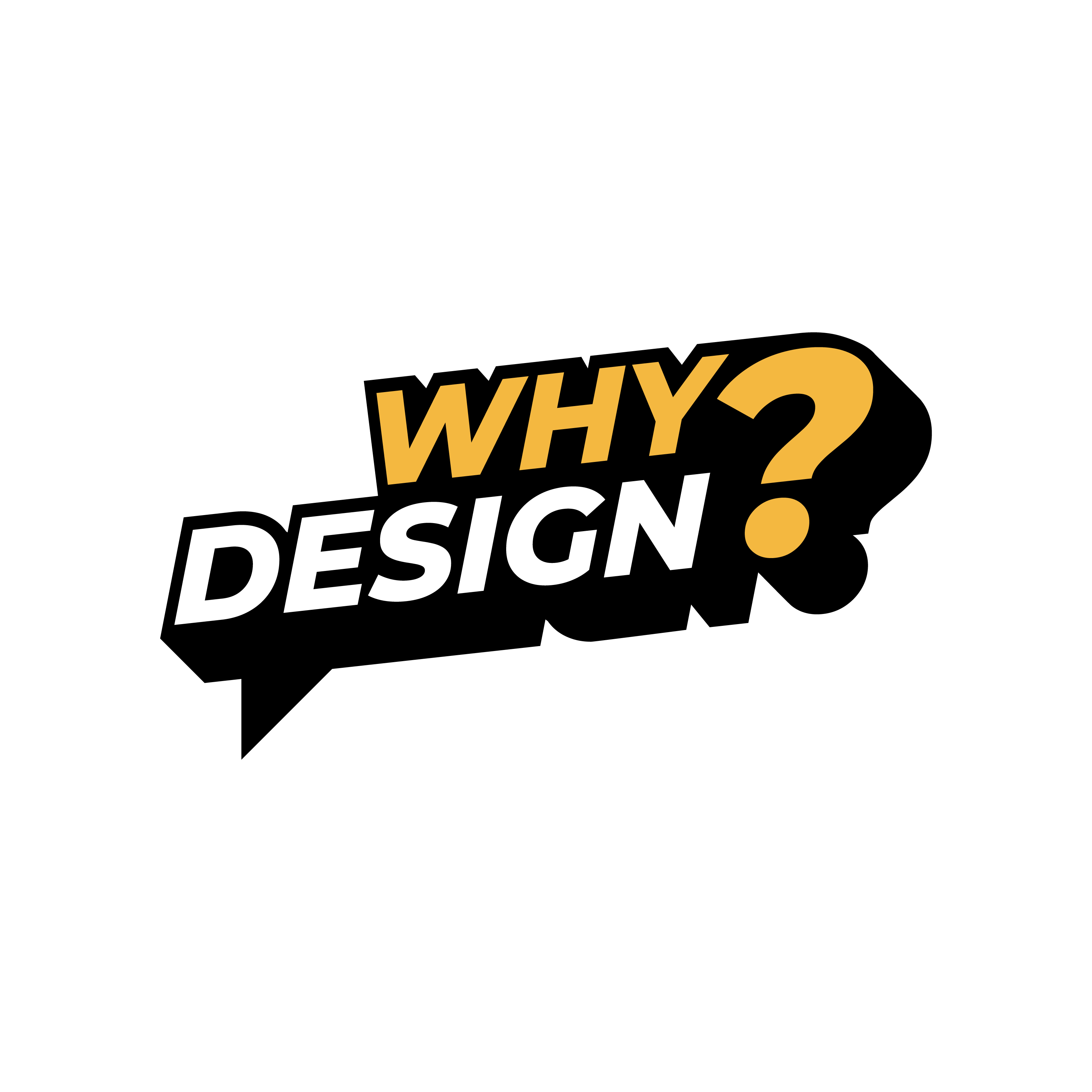Tim Morton on The Importance of Constraints in Physical Product Design
Episode 8 of the Design Journeys Podcast hosted by Chris Whyte. New episodes every other Wednesday!
In this episode of the Design Journeys podcast, host Chris
Whyte interviews Tim Morton, Director for Global Design North America for Husqvarna. They discuss Tim's career journey, starting with his studies in industrial design at the University of Wales and his time at Lego.
Tim shares his experiences working at Lego, including the
importance of collaboration, understanding the brand, and designing for children. He also talks about his transition to consulting and his work with PDT, where he worked on projects for clients such as Dell, Corning, and
Qualcomm.
The conversation explores the broad field of consultancy and design, highlighting the importance of understanding the needs and goals of people and designing products to meet those needs. It emphasizes the role of human connection in design and the value of innovation and creativity.
The conversation also touches on the challenges of
leadership, the impact of design on business, and the need to quantify the value of design.
The guest shares his experiences and failures in the design
industry and emphasizes the importance of learning from failures.
The conversation concludes with a discussion on favorite
podcasts and books, and the guest's contact information.
Takeaways
- Tim's journey into industrial design started with his curiosity and desire to create and make things.
- Experience outside of design, such as teaching and working in telemarketing, can provide valuable skills and perspectives.
- Designers need constraints to solve problems and create innovative solutions.
- Understanding the brand and designing for the target audience are crucial in product design.
- Flexibility and the ability to apply problem-solving skills to different industries are valuable traits for designers. Consultancy is a broad field with various specializations, including engineering-led, design-led, innovation-led, and research-led consultancies.
- Understanding the needs and goals of people is crucial in design, and products should be designed to meet those needs.
- Innovation and creativity play a significant role in design, and companies that invest in design and understanding their customers tend to perform better.
- Leadership in design requires the ability to connect with people, inspire them, and quantify the value of design.
- Failures are an essential part of the design process, and learning from failures is crucial for growth and improvement.
- Favorite podcasts and books mentioned in the conversation include 'How I Built This' and 'Remember' by Lisa Genova and 'The Silo Effect' by Gillian Tett.
Chapters
00:00 Introduction and Background
03:20 University of Wales and Discovering Industrial Design
06:18 Starting at LEGO and the Importance of Persistence
13:03 Favorite Memories at LEGO and the Value of
Collaboration
23:36 Working on Diverse Projects at PDT
25:23 Design, Innovation, and Creativity in Connecting
People, Technology, and Business
28:39 Design as a Business: Lessons from Working at PDT
33:13 Challenges and Opportunities in the Outdoor Power
Equipment Industry
35:15 Learning from Failure: Lessons from a Smartwatch
Project at LEGO
45:26 Embracing Change and Inspiring Others: The Power of
Human Connection in Design
53:43 Insights on Physical Product Development and
Recruitment
Tim's recommended books and podcasts:
How I Built This Podcast: https://open.spotify.com/show/6E709HRH7XaiZrMfgtNCun
"Remember" by Lisa Genova: https://www.amazon.co.uk/Remember-Science-Memory-Art-Forgetting-ebook/dp/B08YHZ4ZR6
"The Silo Effect" by Gillian Tett: https://amzn.eu/d/06t6NSe7
Connect with Tim Morton on LinkedIn: https://www.linkedin.com/in/tjmorton/
Connect with Chris Whyte on LinkedIn: https://www.linkedin.com/in/mrchriswhyte/
Learn more about Kodu Recruitment: https://teamkodu.com/


